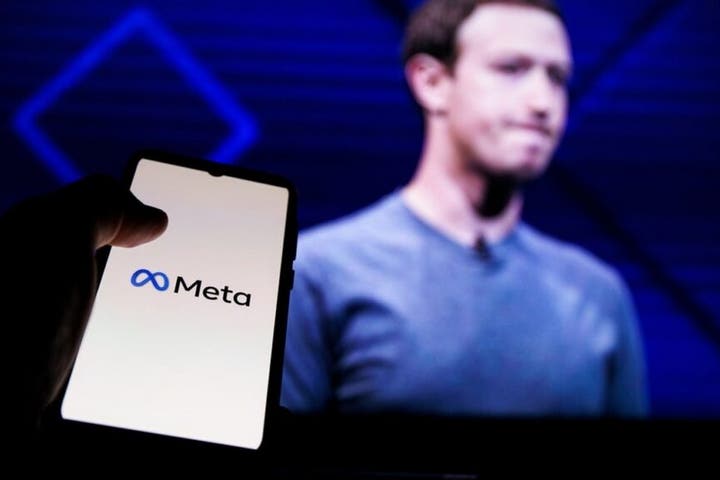Mark Zuckerberg's Meta Profits From Llama AI Models Despite Denials, Court Filing Reveals
Meta Platforms Inc. has been found to be profiting from its Llama AI models through revenue-sharing agreements with host businesses, according to an unredacted court filing in the Kadrey v. Meta copyright lawsuit. The company reportedly earns a share of the revenue from businesses that host its Llama AI models, which were trained using pirated e-books. Partners such as Amazon's AWS, Nvidia, Microsoft's Azure, and others have been listed as hosts for the Llama models. Although developers have the option to run Llama models independently, many opt for host partners for additional services and tooling. Meta has not yet responded to requests for comment on this matter.

Meta Platforms Inc. (META) has reportedly been discovered to be profiting from its Llama AI models through revenue-sharing agreements with host businesses.
What Happened
An unredacted court filing submitted by attorneys for the plaintiffs in the copyright lawsuit Kadrey v. Meta reveals that the company earns a share of the revenue from businesses that host its Llama AI models. The lawsuit indicates that the company reportedly trained its Llama models using pirated e-books. The filing does not specify which hosts pay Meta, but the company has previously listed partners including Amazon’s AWS, Nvidia, Databricks, Groq, Dell, Microsoft Inc’s Azure, Alphabet’s Google Cloud, and Snowflake. While developers can download and run Llama models independently, many choose to use a host partner for additional services and tooling. Meta did not immediately respond to Benzinga’s request for comment.
Meta CEO's Statements
Meta CEO Mark Zuckerberg suggested the possibility of monetizing Llama models during an earnings call in April, hinting that companies reselling these services should share a portion of their revenue with Meta. However, Zuckerberg later backtracked and in a July blog post, he stated that "selling access" to Meta's openly available Llama AI models "isn't [Meta's] business model." The recent revelation of these revenue-sharing agreements contradicts the company’s latest stance and suggests that Meta has begun to act on its previous strategy.
Why It Matters
This revelation comes just days after Zuckerberg announced that Meta’s Llama model had reached a milestone of 1 billion downloads. Zuckerberg celebrated this achievement on Threads, stating that each download represented a “vote of confidence in open source AI”. The new court filing raises questions about Meta’s revenue strategy and the company’s transparency with its partners and users. Zuckerberg stated that Meta benefits from Llama mainly through AI research-driven improvements. Llama models power various Meta products, including its AI assistant, Meta AI.
Despite ongoing legal battles, Meta continues to advance its AI investments. The Zuckerberg-led company also intends to launch a trial paid subscription service for Meta AI, offering users access to advanced versions of its technology.
Benzinga Ratings
Meta holds a momentum rating of 78.90% and a growth rating of 77.28%, according to Benzinga’s Proprietary Edge Rankings. The Benzinga Growth metric evaluates a stock's historical earnings and revenue expansion across multiple timeframes, prioritizing both long-term trends and recent performance. For an in-depth report on more stocks and insights into growth opportunities, sign up for Benzinga Edge.
Disclaimer: This content was partially produced with the help of AI tools and was reviewed and published by Benzinga editors. Stock Score Locked: Want to See it? Benzinga Rankings give you vital metrics on any stock – anytime. © 2025 Benzinga.com. Benzinga does not provide investment advice. All rights reserved.

